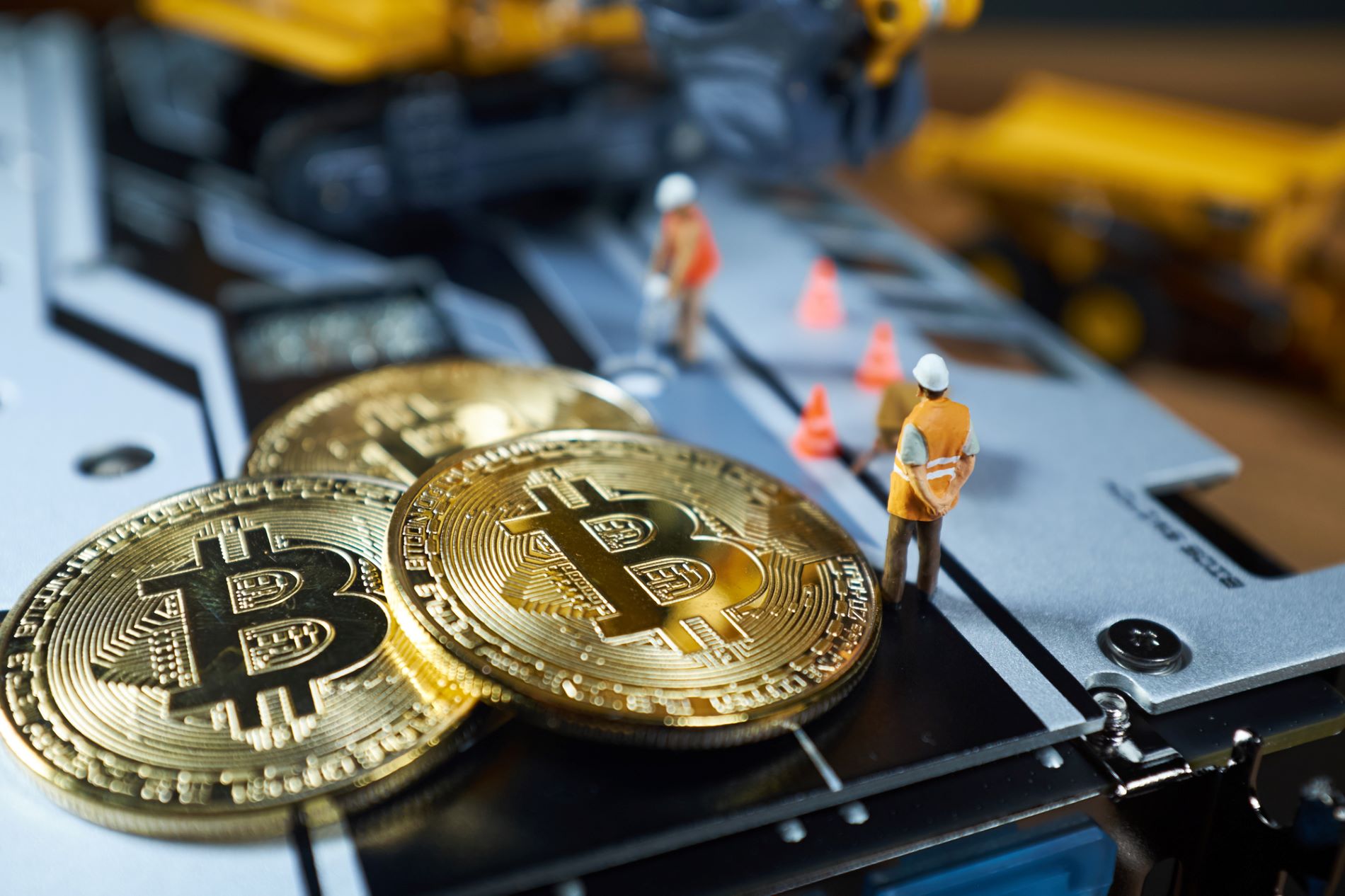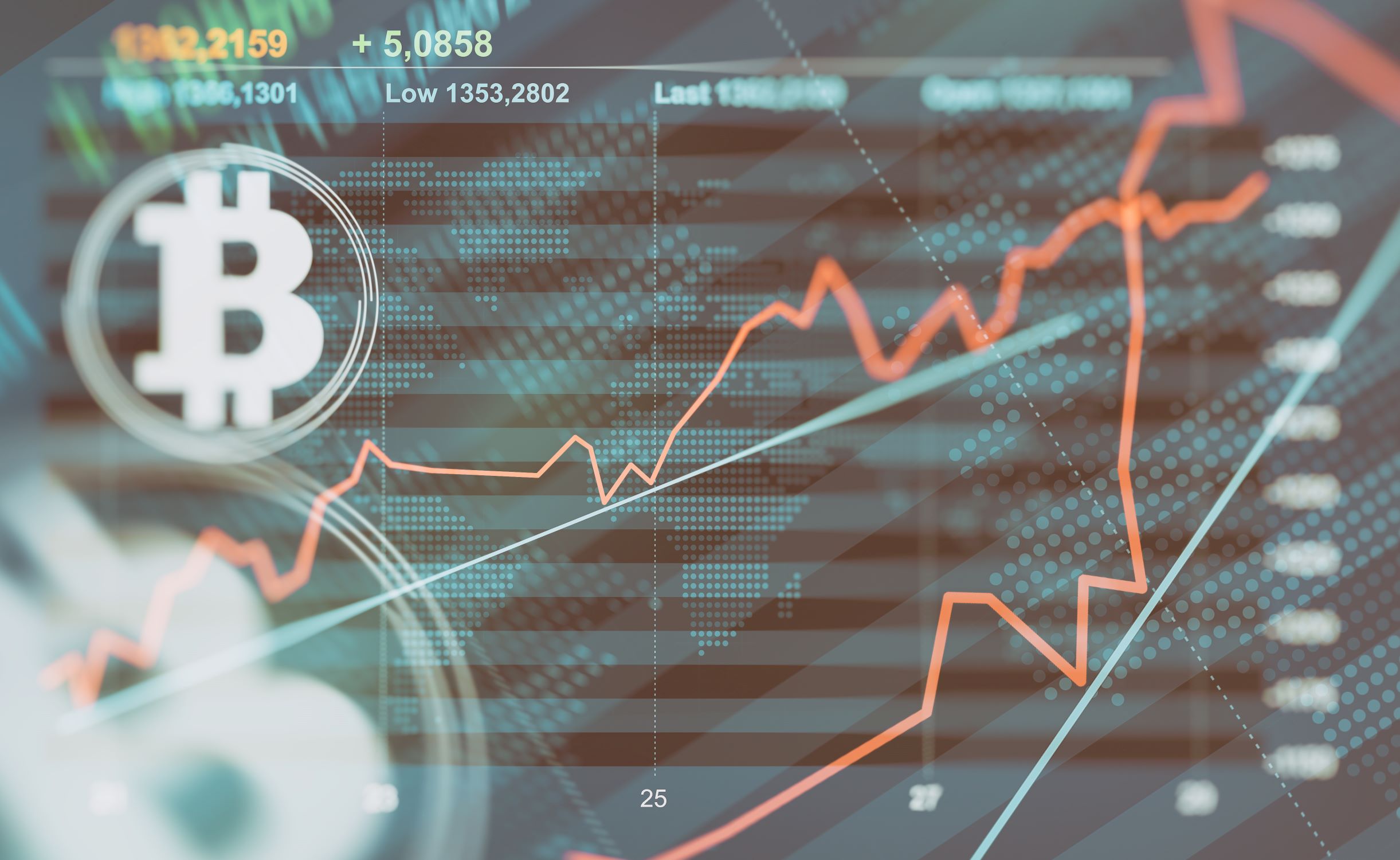What is Bitcoin Mining?
Bitcoin mining is the process of verifying and adding transactions to the blockchain, and generating new bitcoins. It requires hardware and software to solve a cryptographic problem. The rewards are paid to the miners who find the solution first. The process of mining is performed using hardware and software to generate a cryptographic number that matches criteria. The first miner to find the solution to the problem receives the bitcoin reward and the process begins again. The bitcoin reward that miners receive is an incentive that motivates people to assist in the primary purpose of mining: to legitimize and monitor Bitcoin transactions, ensuring their validity.
How Does It Work? – The Technical Details
Bitcoin mining is a complex process that involves several steps. First, miners must verify transactions by solving a cryptographic puzzle. This requires a lot of computational power, which is why miners use specialized hardware and software to perform the calculations. Once a miner solves the puzzle, they add the verified transactions to the blockchain and generate new bitcoins. The difficulty of the puzzle is adjusted every two weeks to ensure that the rate of bitcoin generation remains constant.
The Pros and Cons of Bitcoin Mining – Is it Worth the Effort?
Bitcoin mining has several advantages. It provides a way to earn bitcoins without buying them on an exchange. It also helps to secure the network by verifying transactions and preventing fraud. However, there are also several disadvantages. It requires a lot of energy, which can be expensive. It also generates a lot of heat, which can be a problem in warm climates. Finally, the difficulty of the puzzle is constantly increasing, which means that miners must continually upgrade their hardware to remain competitive.
What’s Next for Bitcoin Mining?
Despite the challenges, bitcoin mining is likely to remain an important part of the cryptocurrency ecosystem. As the price of bitcoin continues to rise, more people are likely to become interested in mining. This could lead to new innovations in hardware and software that make mining more efficient and profitable. In addition, the development of new cryptocurrencies and blockchain-based applications is likely to create new opportunities for miners.
Environmental Impact – The Dark Side of Cryptocurrency
One of the biggest criticisms of bitcoin mining is its environmental impact. The process of mining requires a lot of energy, which is typically generated from fossil fuels. This has led to concerns about the carbon footprint of bitcoin mining and its impact on climate change. Some estimates suggest that it consumes as much energy as entire countries like Argentina or Norway. However, there are also efforts underway to make bitcoin mining more sustainable. For example, some miners are using renewable energy sources like hydroelectric power to generate electricity for their mining operations.
The Legal and Regulatory Landscape – Navigating the Complexities of Crypto Law
Another challenge facing bitcoin miners is the legal and regulatory landscape of the crypto space. While some countries have embraced cryptocurrencies and blockchain technology, others have taken a more cautious approach. This has led to a patchwork of laws and regulations that can be difficult to navigate. For example, some countries have banned bitcoin mining altogether, while others have imposed strict regulations on the industry. In addition, there are concerns about the use of cryptocurrencies for illegal activities like money laundering and terrorism financing.
The Role of Mining Pools – Working Together for a Common Goal
Mining pools are groups of miners who work together to solve the cryptographic puzzle and share the rewards. By pooling their resources, miners can increase their chances of finding the solution and earning the bitcoin reward. Mining pools are typically organized around a common goal or set of values, and they can be a great way for small-scale miners to compete with larger operations. However, there are also risks associated with mining pools. For example, some pools charge high fees or have poor security practices.
Bitcoin mining is a complex process that requires a lot of technical knowledge and computational power. However, it is also an important part of the cryptocurrency ecosystem. By verifying transactions and generating new bitcoins, miners help to secure the network and prevent fraud. While there are several challenges associated with bitcoin mining, it is likely to remain an important part of the cryptocurrency landscape for years to come. As the industry continues to evolve, new innovations in hardware, software, and regulation are likely to emerge, creating new opportunities and challenges for miners.











[…] In an exclusive report by Forbes, Bhutan, the Himalayan Kingdom, discreetly enters the global cryptocurrency stage, establishing the largest state-owned bitcoin mining operation. Strategically responding to heightened economic challenges due to the COVID-19 pandemic, the nation, renowned for its commitment to Gross National Happiness, secretly embraces bitcoin mining. […]
[…] To comprehend Bitcoin halving, you should first understand the basics of Bitcoin (BTC). At its core, Bitcoin operates on a decentralized ledger called blockchain. This innovative technology serves as a digital ledger, recording all transactions made with the cryptocurrency. The blockchain is maintained through a process known as mining. […]
[…] Mining refers to the process of ‘creating’ the cryptocurrency. Basically, it is a solving of a mathematical equation by which transactions are approved and added to a certain blockchain. It is made with a computer hardware, some very sophisticated high-tech gadgets and lots of electricity. To put it other words, it is the verification process of public records and their addition to the ledger. […]
[…] attributed greatly to increased institutional adoption. The upcoming halving event will reduce the mining reward by 50%. With just 2 million Bitcoins left and significant daily outflows to Bitcoin Spot […]
[…] in 2017. It promised investors a 200% return on their investments within 13-15 months through cryptocurrency mining. Key promoters, Cynthia and Eddy Petion, played a crucial role in recruiting investors by offering […]
[…] Trump’s pledge has sparked significant controversy, particularly from environmental groups. Bitcoin mining is notorious for its high energy consumption. Critics argue that scaling up operations in the U.S. […]
[…] of Nvidia investors accused the company of failing to accurately disclose the significant impact of cryptocurrency mining on its revenue during the 2017-2018 boom. According to the plaintiffs, Nvidia understated more than […]
[…] driven by geopolitical and economic pressures, Russia has enacted legislation that legalizes the mining of Bitcoin and permits the use of cryptocurrencies, including stablecoins, for international trade. It’s […]
[…] to Haynes, his goal is to make Bitcoin mining effortless. His company, Simple Mining, helps miners learn, explore, and mine […]
[…] sold the hardware, merely to maintain the illusion of a mining operation. The devices were in fact Bitcoin mining rigs, and they never transferred the mined Bitcoin to investors. The fraudulent nature of the […]
[…] environmental benefits, the study highlights the economic opportunities that could arise from Bitcoin mining. By attracting mining operations and related businesses, Bern could foster local economic growth. […]
[…] the country’s geothermal energy – derived from its numerous volcanoes – to Bitcoin mining operations. This move capitalizes on El Salvador’s natural resources to promote sustainable energy use in […]
[…] HashFlare never possessed the necessary computing power to support the promised returns. Instead of mining cryptocurrency, the company fabricated reports, falsified mining statistics, and used new investor funds to pay […]
[…] notable sign of this strategic shift is the move toward self-funding models among prominent mining firms. Instead of holding mined Bitcoin for long-term gains, these companies are increasingly using BTC […]
[…] target imported mining rigs, pushing up equipment prices and squeezing already thin margins. Bitcoin mining costs have risen sharply, with smaller operators warning that profitability is slipping out of […]
[…] tariff regimes. Importantly, the bill discourages or forbids the use of thermal power plants for crypto mining to prevent grid instability and excess emissions. Miners must rely on regulated energy sources, […]
[…] how traditional mining still operates and why it remains central to Bitcoin, resources such as this detailed guide on Bitcoin mining help explain the other side of the […]
[…] of the central risks was Kazakhstan’s fragile power grid. After China banned crypto mining in 2021, thousands of miners relocated to Kazakhstan. The sudden demand strained the national grid, […]
[…] the LuBian mining pool story exposes weak governance in early mining operations. It also illustrates how wallet tracking and on-chain analysis now help investigators follow […]
[…] KuCoin’s roadmap for Bitcoin mining […]
[…] Bitcoin mining uses large amounts of energy and computing power. Think of it as operating fleets of digital “supercomputers” that verify transactions and earn rewards in Bitcoin. CleanSpark already runs one of the largest such fleets in North America. […]
[…] stands at the forefront of a global debate on the role of Bitcoin mining in modern economies. The industry’s ability to stabilize the power grid and generate economic […]